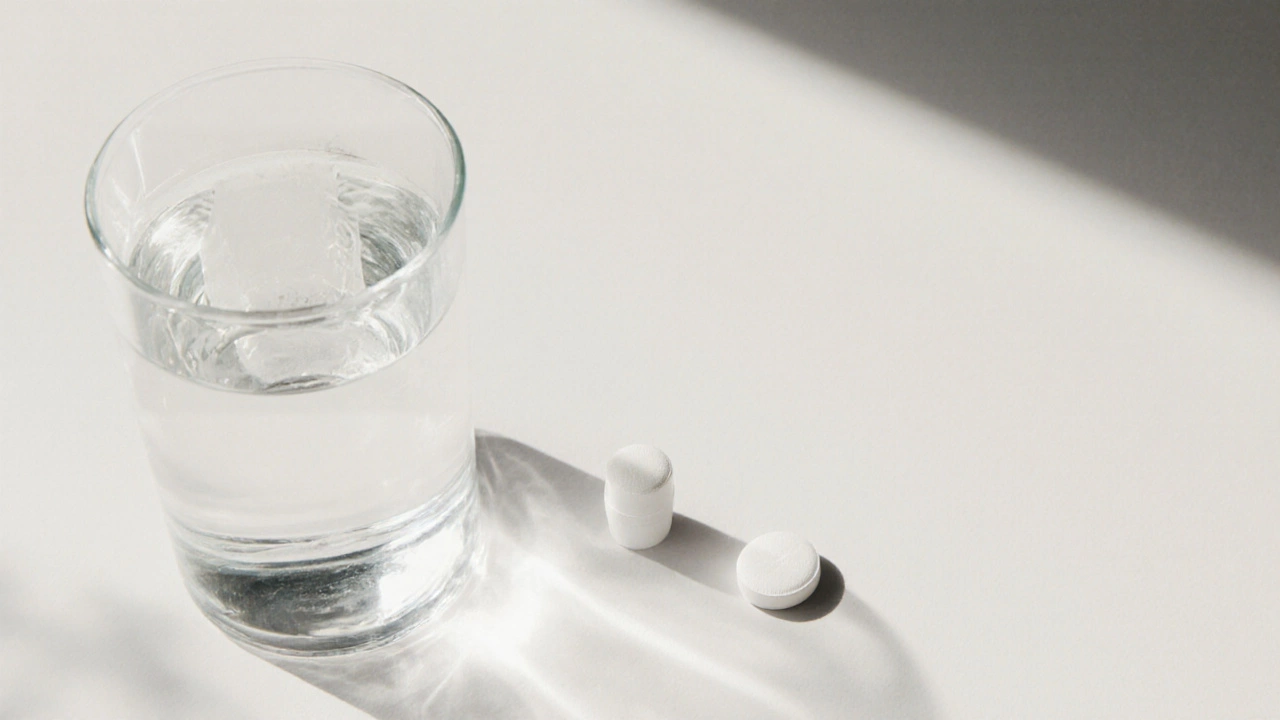Weight loss pill safety: what every Indian shopper should check
If you’ve ever scrolled through Instagram or a local pharmacy looking for a magic pill to melt fat, you’re not alone. The promise of quick results makes weight loss pills irresistible, but many of them hide chemicals that can hurt you more than the extra kilos. In this guide we’ll break down the most common toxic ingredients, show you how to spot a risky product, and suggest safer ways to lose weight without gambling with your health.
Common toxins hiding in weight loss pills
Most over‑the‑counter diet pills rely on stimulants to boost metabolism. The first name you’ll see is synephrine, a compound taken from bitter orange. It can raise heart rate, spike blood pressure, and trigger heart‑rhythm problems, especially if you already have hypertension.
Another frequent addition is ephedra‑like extracts. Even though India banned ephedra, many manufacturers swap it for similar substances that aren’t on the official list. These “legal highs” still cause tremors, anxiety, and sometimes severe kidney damage.
Diuretics such as furosemide or herbal diuretic blends are marketed as “water‑weight reducers.” They force your body to lose fluid, which sounds harmless until you become dehydrated, develop electrolyte imbalances, or suffer a sudden drop in blood pressure.
Some pills contain unapproved prescription drugs like sibutramine or phenolphthalein. These are banned for weight loss because they can cause heart attacks, strokes, and even liver failure. Yet the labels may list them as “natural extracts,” making it hard to tell what you’re actually ingesting.
How to spot unsafe pills and protect yourself
First, always check if the product has a valid Drug Controller General of India (DCGI) approval number. Without it, the pill hasn’t passed safety tests and could be counterfeit.
Read the ingredient list carefully. If you see vague terms like “herbal blend” or “proprietary formula” without specifics, treat it as a red flag. Look up each ingredient online or ask a pharmacist to confirm it’s approved for weight loss.
Ask your doctor before starting any pill, even if it’s sold as a supplement. Your doctor can cross‑check the formula against your medical history and spot dangerous drug interactions.
Buy only from reputable pharmacies that display a return policy and clear contact details. Online marketplaces often host sellers who hide toxic pills behind attractive discounts.
Finally, monitor how you feel after taking a new product. Sudden heart palpitations, headaches, dizziness, or extreme thirst are warning signs that the pill may be harming you. Stop using it immediately and seek medical advice.
Weight loss doesn’t have to involve risky chemicals. Simple changes like eating more protein, walking 30 minutes a day, and staying hydrated can deliver steady results without side effects. If you need a boost, consider FDA‑approved prescription options that your doctor can supervise.
Remember, a pill that promises to melt away pounds in a week is likely cutting corners on safety. By staying informed, checking approvals, and talking to a health professional, you can avoid toxic surprises and achieve a healthier body the right way.

Is there a pill form of Ozempic? What you need to know about oral semaglutide for weight loss
Yes, there's a pill form of Ozempic called oral semaglutide. It's as effective as the injection for weight loss, requires daily dosing, and is available in India with a prescription. Learn how it works, costs, side effects, and where to get it.

Kelly Clarkson's Weight Loss Pill: The Real Story Behind Her Transformation
Curious about what pill Kelly Clarkson used for her weight loss transformation? We break down the facts, myths, and what science says about celebrity weight loss medications in 2025.

Which Diabetic Medication Helps You Lose Weight?
Feb, 15 2025

Effective Ways to Lose Belly Fat in Just 2 Weeks
Oct, 10 2025


